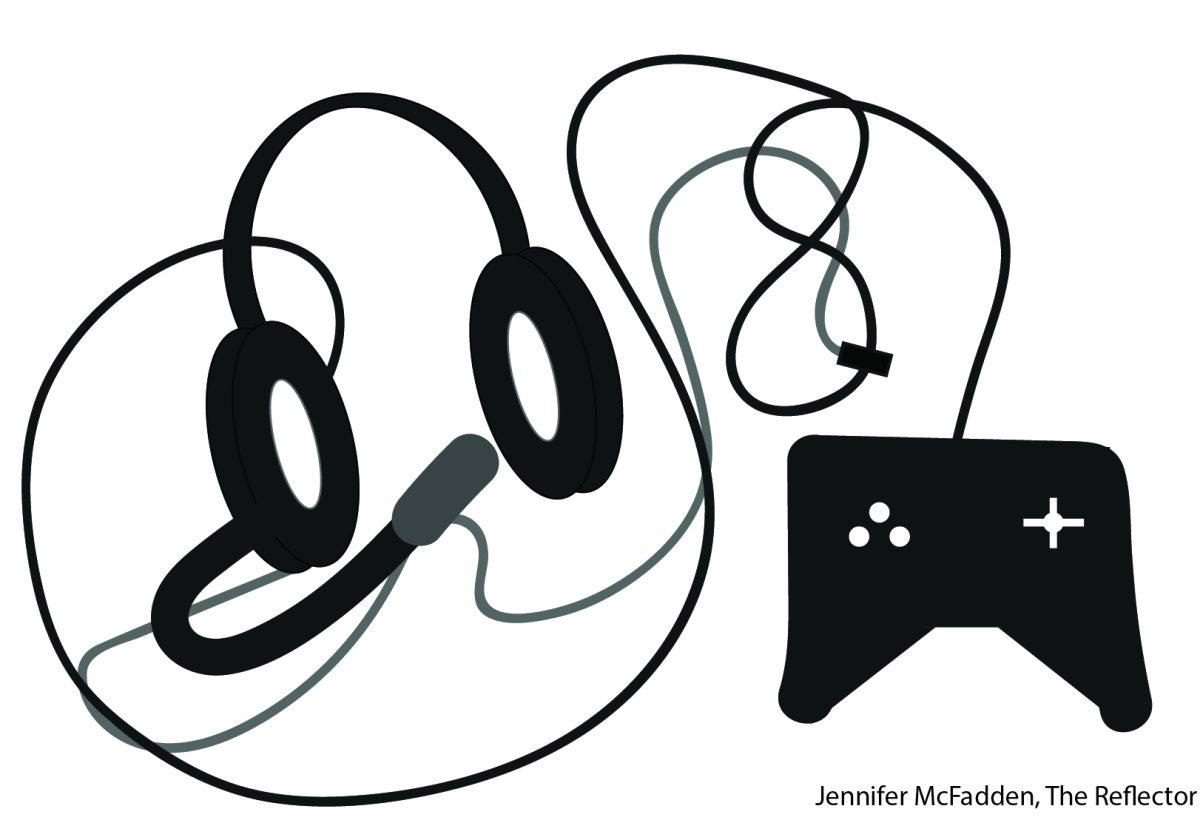Geek culture has become fairly mainstream in the last couple of years.
For the sake of this article, I define geek culture as revolving around mainly science fiction and fantasy media, adult board and card games, video games, comics, and intense technological fascination.
Popular culture has defined “geeks” or “nerds” this way for many years. Judd Apatow’s “Freaks and Geeks,” which ran from late 1999 to late 2000, is a prime example of such stereotypes.
However, aspects of the geek stereotype now dominate popular culture. Video games now claim a player-base of around 150 million people in the U.S., according to the Entertainment Software Association.
According to Box Office Mojo, “The Avengers” and “Avengers: Age of Ultron” are the fifth and seventh highest-grossing movies unadjusted for inflation, respectively. Such statistics for comic book movies would have been unthinkable in the 1990s. The closest a comic book movie had ever gotten before was with “Batman” in 1989, which is the 111th highest-grossing movie unadjusted for inflation. Now, five out of the top 20 highest-grossing movies are comic-based, and all of these comic-based movies came to theaters after 2010.
This is not to say superhero movies and video games are all geeky, but my point is it is now mainstream to like comic book movies, which leads to it being mainstream to like-comics. All of this is to say this new geeky trend is a good thing. In fact, I would say we should all strive to go further down the rabbit-hole.
I walked into my dorm one day during the fall semester to find some of my friends playing “Magic: The Gathering.” I had heard of “Magic” maybe once or twice, but I had never really sought it out. Seeing my friends play, I decided to join in, and now, I am honestly hooked. Some of my other friend groups scoffed at the idea, but I have yet to meet a person who regretted trying it.
According to The Guardian’s Owen Duffy, there are an estimated 20 million players of “Magic” worldwide, and the card game is published in 11 languages.
I, along with the estimated 20 million other players, have discovered how much of a fun and social experience playing “Magic” can be.
Similarly, there is a whole world of complex board games waiting to be discovered. These board games range from four-hour long sessions playing as massive empires conquering galaxies, to simple 30-minute affairs focused on quickly outsmarting your opponent as secret agents. Chess, Clue and Monopoly are redesigned for every fanbase imaginable and new and exciting ideas for games come out every year.
Finally, there is one last leap I believe we should all take, which might be the biggest yet. We should all play Dungeons and Dragons.
Roleplaying with a pen-and-paper set might be too much for some, and I get it. However, pen-and-paper sets exist for fantasy, science fiction, horror and all other sorts of genres.
If swinging at demons and casting spells is not your cup of tea, why not try playing as a bounty hunter in the Star Wars universe? The possibilities are endless, and games of D&D’s nature can go any way imaginable. You may have seen “Stranger Things,” so the idea might not be too foreign. If so, I implore you to try it and broaden your horizons.
I know not everyone will agree with my version of fun, but I do not want people to miss out on experiences because of the stigmas attached to them. College is about trying new things and experimenting with new ideas, so at the very least, I hope this article piques someone’s curiosity. With any luck, someone might find their new favorite hobby.
Categories:
Everyone should try being a geek
About the Contributor

Dylan Bufkin, Former Editor-in-Chief
Dylan Bufkin served as the Editor-in-Chief of The Reflector from 2020 to 2021.
He also served as the Opinion Editor from 2019 to 2020.
0
Donate to The Reflector
Your donation will support the student journalists of Mississippi State University. Your contribution will allow us to purchase equipment and cover our annual website hosting costs.
More to Discover







